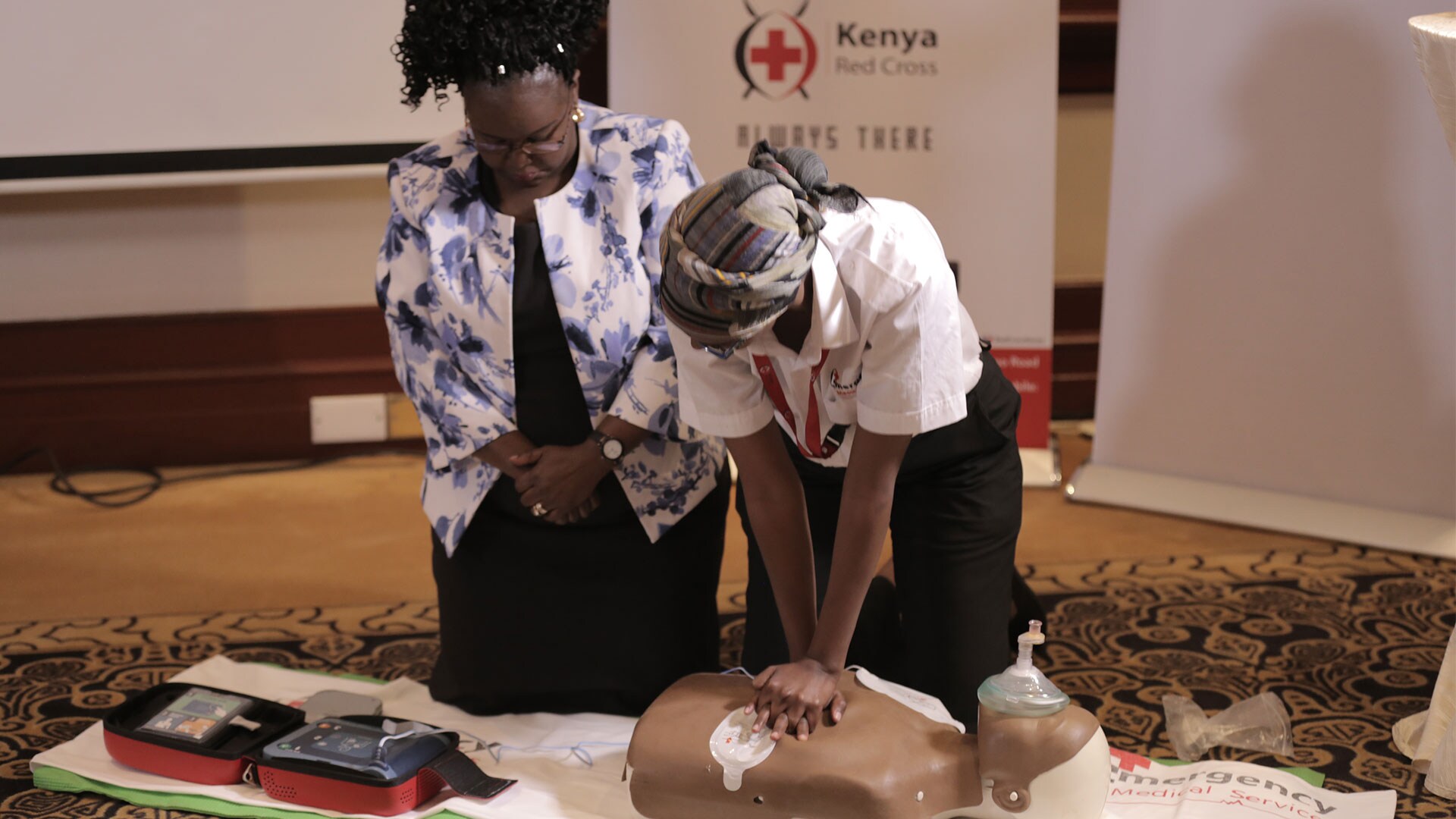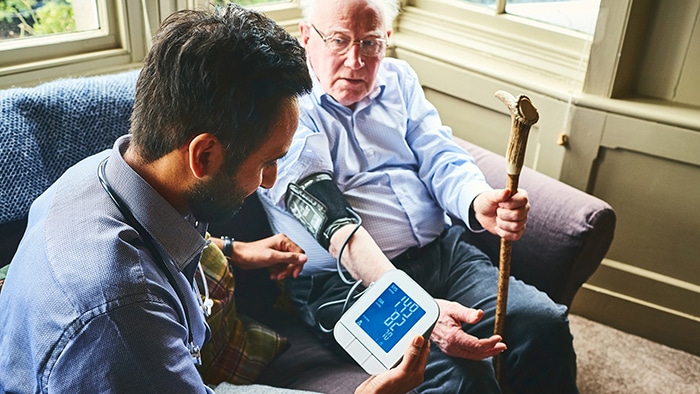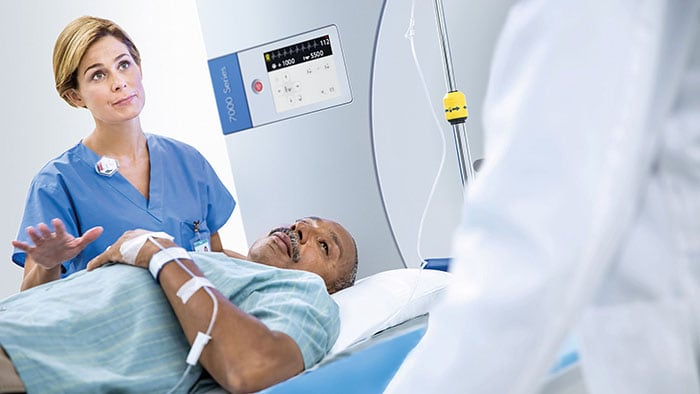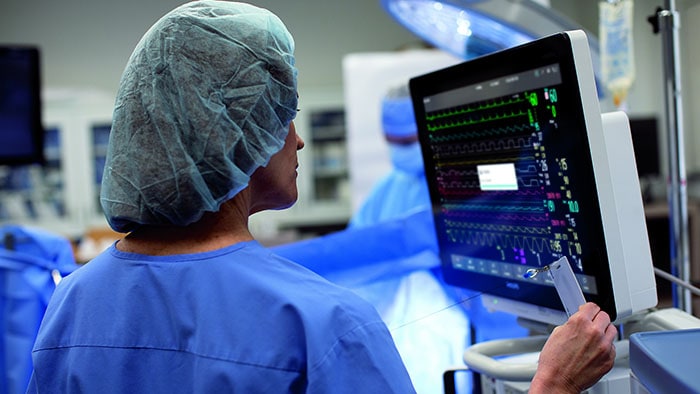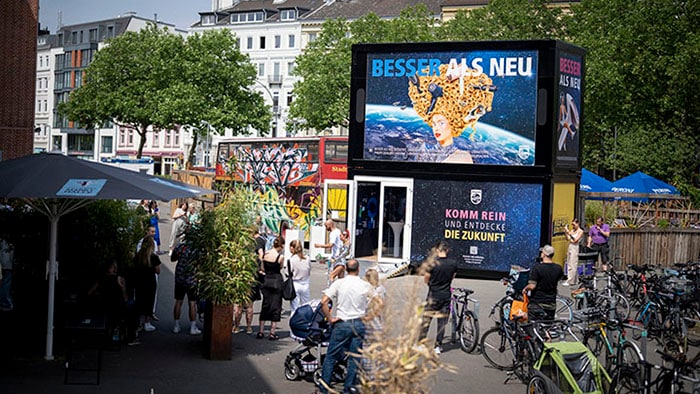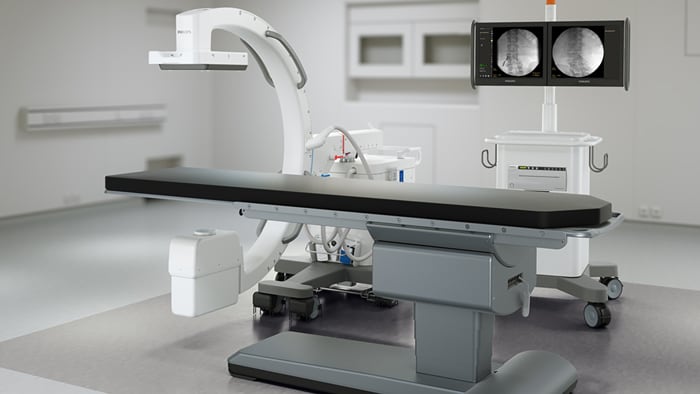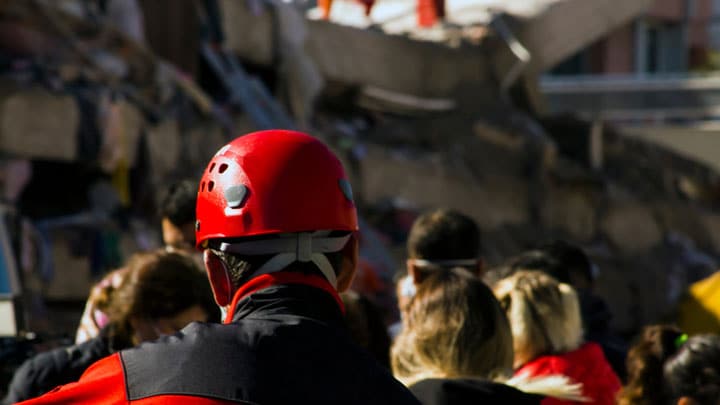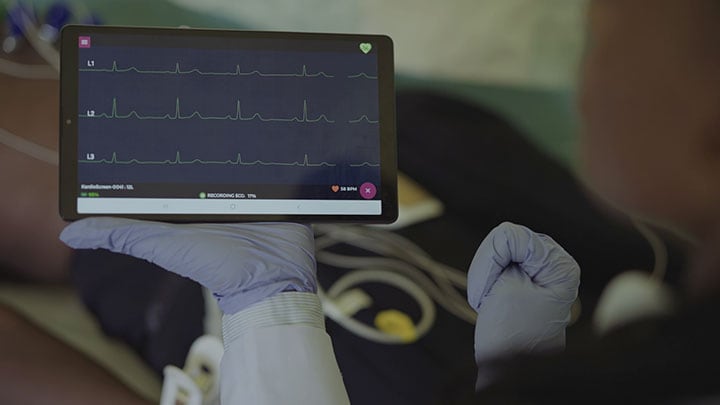Sep 19, 2019
Back to Rhythm campaign is back to safeguard Kenya’s healthiest and most “at-risk” hearts
In commemoration of Heart Awareness Month, and World Heart Day on 29 September 2019, the Philips Foundation in collaboration with the Kenya Red Cross is launching the third phase of its successful Back to Rhythm campaign - an education drive that’s been creating public awareness around cardiac health in Kenya, and increasing the chances of survival of victims of sudden cardiac arrest (SCA) since 2017. This year, World Heart Day highlights that everyone can be Heart Heroes by making a promise, to ourselves and those we care about, to look after our hearts, which is ultimately what the Back to Rhythm campaign sets out to address, as it relates to heart disease and overall cardiac health.
We are dedicated to sharing life-saving capabilities by empowering the public to identify warning signs and symptoms, as well as teaching the skill to respond to an instance of SCA, because we know that it can strike at any time, and the chances of survival decrease dramatically with every passing minute
Jasper Westerink
CEO, Philips Africa
As a person’s best chance of survival in the case of SCA is to receive a defibrillator shock within five minutes of collapse with chances of survival reducing by 10 percent every minute, access to an Automated External Defibrillator (AED) is central to saving lives. And therefore, the preceding Back to Rhythm activities saw the Philips Foundation contribute seventeen (17) Philips HeartStart AEDs to the Kenya Red Cross - all through public participation; these AEDs have been placed in ambulances that are strategically located throughout Nairobi, Narok and Meru. The first phase of the campaign challenged the public in Nairobi to take up the #10MinHeartChallenge, while the second phase encompassed a long-distance cycling challenge called Tour de Meru. A big-hearted group of Nairobi residents cycled from Nairobi to Meru – a total distance of 271.49 kms – with celebrity host, and Meru native, MC Jesse leading the peloton. MC Jesse spearheaded and completed the bike ride, and in return the Philips Foundation contributed three (3) AEDs to the Meru Red Cross and one (1) AED to the Igoji Mission Hospital in Meru. In addition to giving the people of Meru access to AED’s, the cyclists made pit stops along the route to Meru where the Philips and Red Cross teams jointly provided community education programs on Cardio Pulmonary Resuscitation and AED resuscitation. Now, for its third phase, the collaboration will extend the campaign to Eldoret – home to Kenya’s marathon athletes’ training ground. For the first time the collaboration will extend its focus beyond the general public, that are commonly believed to suffer from non-communicable diseases (NCD), to also shine the spotlight on heart health for Kenya’s endurance athletes – a group that puts their hearts under a completely different kind of strain.
Heart health through prevention and early response is a common purpose that we’ve worked towards over the past two years, and as the campaign progresses, we believe we are collectively getting closer to bringing Kenya’s heartbeat back to rhythm
Dr. Asha Mohammed
The deputy Secretary General of the Kenya Red Cross Society
With the AEDs that have been made available to the public through the campaign, the Kenya Red Cross has already attended to 88 (eighty-eight) cases of sudden cardiac arrest between 2017-2019. Although great successes have already been achieved, the pressure on heart health is far from alleviated, which is why the Back to Rhythm campaign keeps evolving. This year will also see the introduction of the Heart of Champions Challenge – a 314km cycling trial from Nairobi to Eldoret – and a duathlon that will bring Kenyans together behind the health of the nation’s heartbeat. Follow the campaign on Facebook and Twitter with #BacktoRhythm, or visit the microsite for more information.
1Statistics from the Kenya Cardiac Society indicate that non communicable diseases (“NCD”) account for 30% of the number of deaths in Kenya, 12% of these are cardiac diseases.
About the Philips Foundation
The Philips Foundation is a registered charity that was established in July 2014 as the central platform for Philips’ CSR activities. Reflecting our commitment to United Nations Sustainable Development Goals 3 (Ensure healthy lives and promote well-being for all at all ages) and 17 (Revitalize the global partnership for sustainable development), the mission of the Foundation is to reduce healthcare inequality by providing access to quality healthcare for disadvantaged communities. We do this by deploying Philips’ expertise, innovative products and solutions, by collaborating with key partners around the world and by providing financial support for collaborative activities.
About Royal Philips
Royal Philips (NYSE: PHG, AEX: PHIA) is a leading health technology company focused on improving people's health and enabling better outcomes across the health continuum from healthy living and prevention, to diagnosis, treatment and home care. Philips leverages advanced technology and deep clinical and consumer insights to deliver integrated solutions. Headquartered in the Netherlands, the company is a leader in diagnostic imaging, image-guided therapy, patient monitoring and health informatics, as well as in consumer health and home care. Philips generated 2018 sales of EUR 18.1 billion and employs approximately 77,000 employees with sales and services in more than 100 countries. News about Philips can be found at www.philips.com/newscenter.
Topics
Contacts

Radhika Choksey Head of Marketing & Communications Philips Middle East, Turkey & Africa Cell : +31 62525 9000
